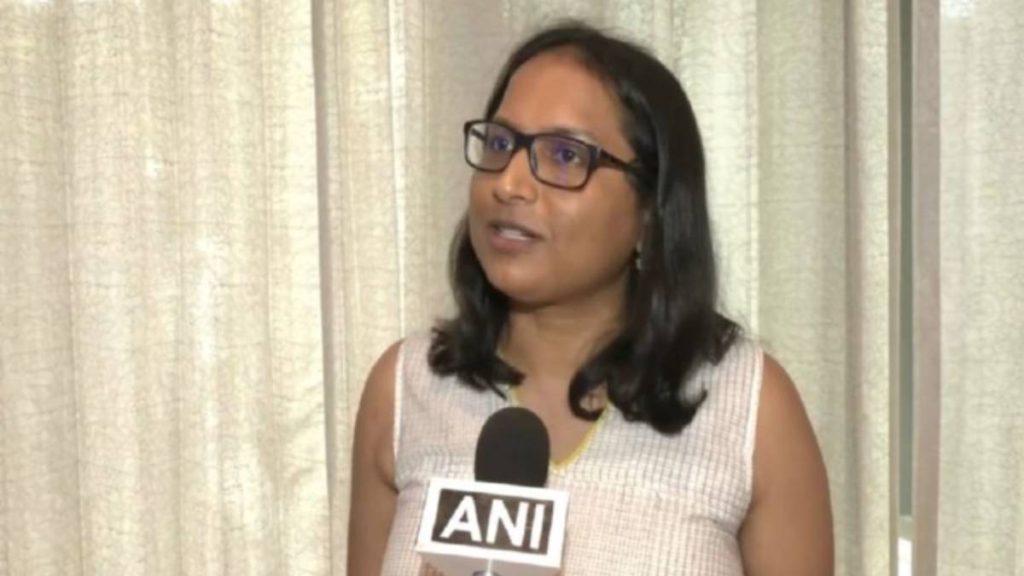Shruti Rajagopalan, senior research fellow and economist, welcomed the United States’ recent decision to implement a 90-day pause on trade tariffs, calling it a “welcome announcement” and urging a broader return to stable global trade norms. She shared her insights during the Carnegie Global Tech Summit, emphasizing the need for systemic solutions over temporary fixes.
Speaking to ANI, Rajagopalan said, “A 90-day pause is a welcome announcement from the United States, but overall, cooler heads need to prevail. There needs to be a systemic solution. I don’t think it is a good idea to walk away from the old global trade order.”
She advocated for renewed multilateral negotiations focused on reducing tariff rates across a wide range of goods and services, with exceptions only for sectors tied to national security and sovereignty.
Turning her attention to India, Rajagopalan stressed the importance of reducing tariffs and protectionist policies to boost export competitiveness. “India needs to have very clear free trade agreements bilaterally with individual countries, but other than that, it needs to systematically reduce tariffs and protectionism,” she said.
She noted that India’s current tariff structures hinder the success of initiatives like ‘Make in India’ and ‘Manufacture in India.’ For these to thrive, she said, the country must foster strong trading relationships and lower tariffs on imports to avoid tariff inversion.
“We need to dramatically reduce tariffs from our import partners so that we avoid tariff inversion, increase our export competitiveness, and actually grow our global trade. This is in India’s domestic interest, irrespective of what other countries do,” she added.
Concluding her remarks, Rajagopalan advised Indian policymakers to embrace long-term, low-tariff strategies to help domestic businesses establish efficient supply chains and become competitive exporters on the global stage.
